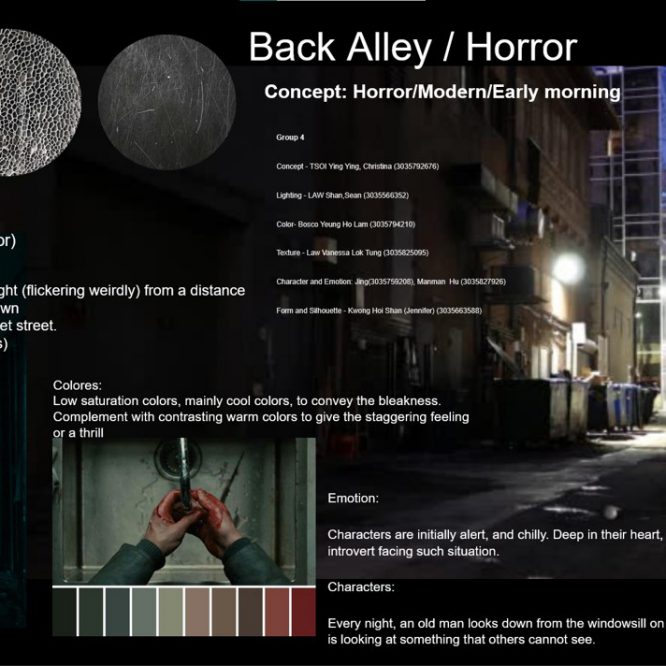[Reading Response: Cheung E.M.K.]
The reading passage examines how the usage of ghosts helps “Made in Hong Kong” understand the history of the locale. The use of ghosts in the movie alludes to the residents of Hong Kong’s memories and concerns for the city’s future. The “ghost town” setting serves as an example of how Hong Kong’s rapid development and change have driven people to relocate and erased some of the city’s past. The movie presents a new viewpoint on intricate social and historical topics by incorporating supernatural components, which inspires us to consider the difficulties facing modern civilization. The portrayal of the ghost
